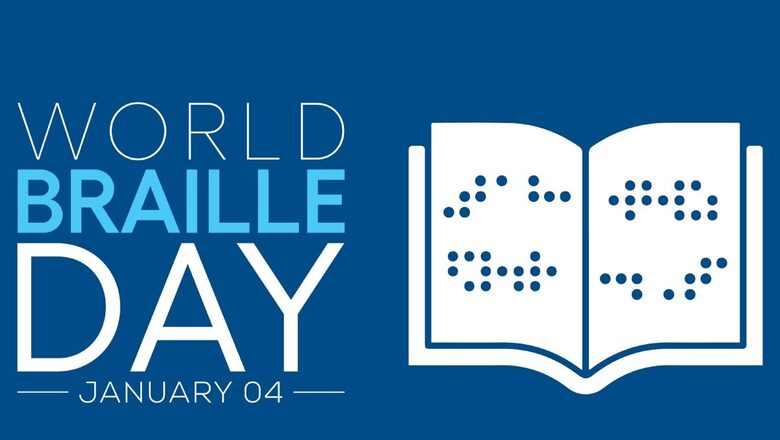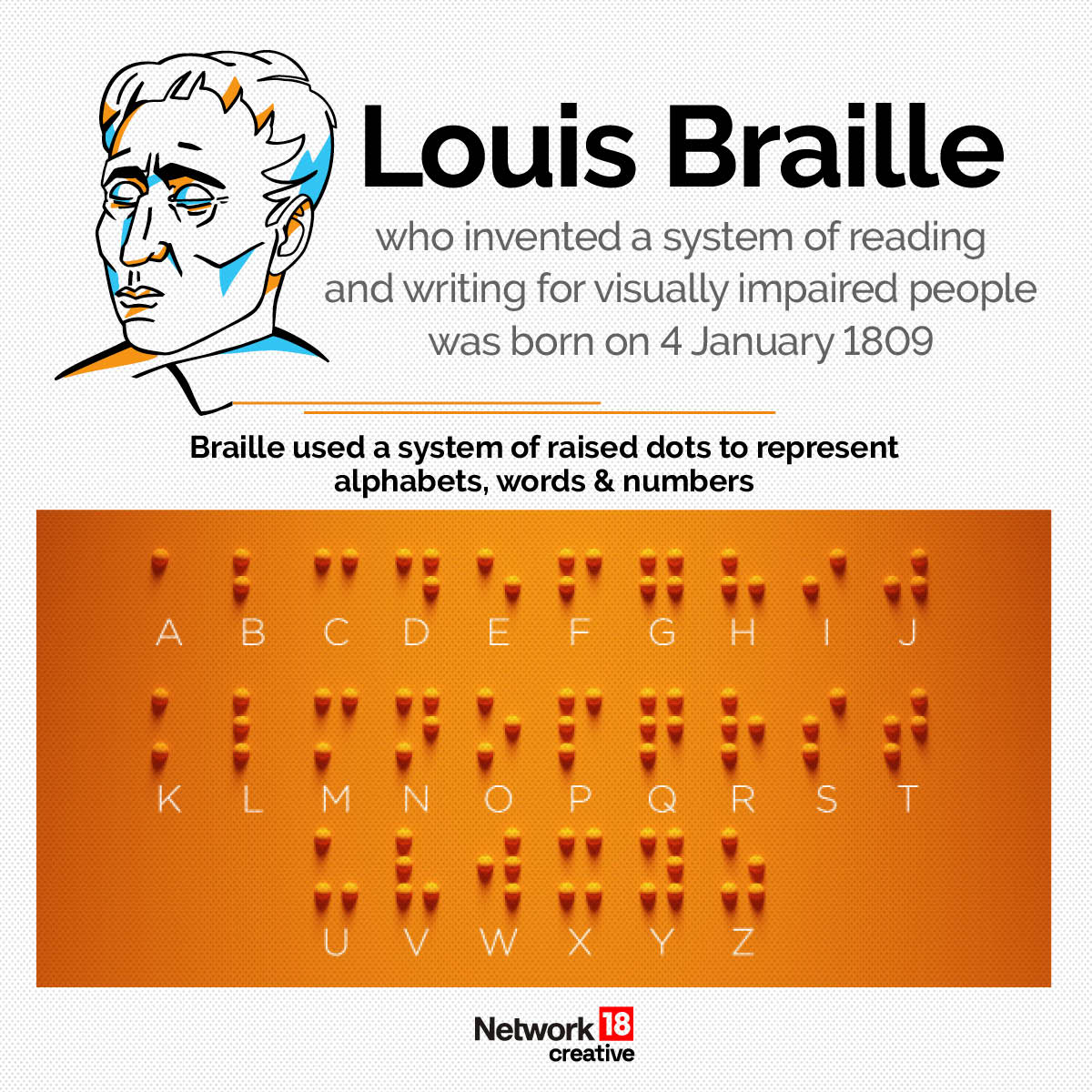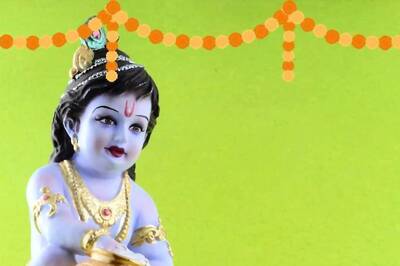
views
World Braille Day, marked annually on January 4, serves as a tribute to Louis Braille, the visionary behind the braille system. Born in 1809 in France, Louis Braille suffered the loss of his sight following a childhood accident. Despite this adversity, his resilience and determination led to the creation of one of the most revolutionary systems in history.

World Braille Day: History
At the tender age of 15, inspired by Charles Barbier’s night writing, Louis conceptualised a method of tactile reading and writing, known today as braille. This innovative system, with its matrix of six raised dots arranged in various patterns within cells, facilitates the representation of letters, numbers, punctuation, and an array of symbols. Over time, Braille underwent refinements, evolving into a universally embraced communication tool, empowering individuals with visual impairments worldwide.
This day was established by the United Nations General Assembly in 2018. It coincides with Louis Braille’s birth date. World Braille Day stands as a testament to his groundbreaking contributions, highlighting the impact of his invention on the lives of the visually impaired.
Braille transcends mere language or sign forms; it functions as a tactile code, offering a gateway to literacy and communication for those unable to rely on traditional visual modes.
World Braille Day: Significance
The advent of Braille proved transformative, democratising access to education and literature for the visually impaired. It granted them the ability to read, write, and engage in various academic disciplines on par with their sighted counterparts. Its versatility extends beyond the realm of alphabets and numbers, encompassing musical notations, scientific symbols, and specialized characters, fostering independence and inclusion.
World Braille Day aims to raise awareness about the challenges encountered by individuals with visual impairments, advocating for their rights and societal integration. It serves as a poignant reminder of the importance of empathy and compassion towards those navigating a world without sight.
The day prompts communities worldwide to acknowledge the resilience and capabilities of the blind population, encouraging an inclusive and accommodating environment for all.
Contrary to common misconceptions associating Braille with a language or sign language, it operates as a structured code. The intricate arrangement of six dots within each cell forms unique patterns, translating into a tactile language comprehensible to the visually impaired. This system allows for the representation of an extensive range of characters and symbols, ensuring access to information and fostering literacy.
In essence, Louis Braille’s ingenious creation, Braille, remains an enduring legacy, symbolizing not just a reading method but a pathway to empowerment, equality, and inclusivity for millions globally living with visual impairments. World Braille Day celebrates this remarkable legacy, emphasising the importance of accessibility and understanding in a diverse and inclusive society.
World Braille Day: Quotes
- “Live without seeing, but be what you are”
- “Braille is knowledge, and knowledge is power”
- “We must be treated as equals – and communication is the way we can bring this about”
- “Access to communication in the widest sense is access to knowledge, and that is vitally important for us if we are not to go on being despised or patronized by condescending sighted people”
- “Determination does triumph physical deprivation”
Facts About Louis Braille
Louis Braille was an accomplished pianist: Alongside his mastery of the organ, Braille was also skilled at playing the piano. He had a profound love for music and excelled in various musical instruments despite his visual impairment.
He developed a code for musical notation: Not only did Braille create the tactile reading and writing system for the blind, but he also invented a system for music notation. The Braille music code allows visually impaired individuals to read and write music using a system of raised dots similar to the one he created for reading and writing.
Braille was an esteemed teacher: After developing the Braille system, Louis Braille became a dedicated teacher at the Royal Institute for Blind Youth in Paris, where he taught various subjects including mathematics and music. His commitment to education and empowering blind students through accessible learning methods left a lasting impact.
His code was initially met with resistance: When Braille introduced his tactile writing system, it faced resistance and scepticism from some educators and institutions for the blind. It took several years for the Braille system to gain widespread acceptance and recognition for its effectiveness in facilitating literacy for the visually impaired.
He was posthumously honoured: Louis Braille’s contributions were not immediately recognised during his lifetime. However, in 1952, his remains were exhumed from his humble grave in Coupvray and reinterred in the Pantheon in Paris, a prestigious mausoleum where celebrated French figures are laid to rest. This act acknowledged his monumental impact on the lives of the visually impaired worldwide.




















Comments
0 comment